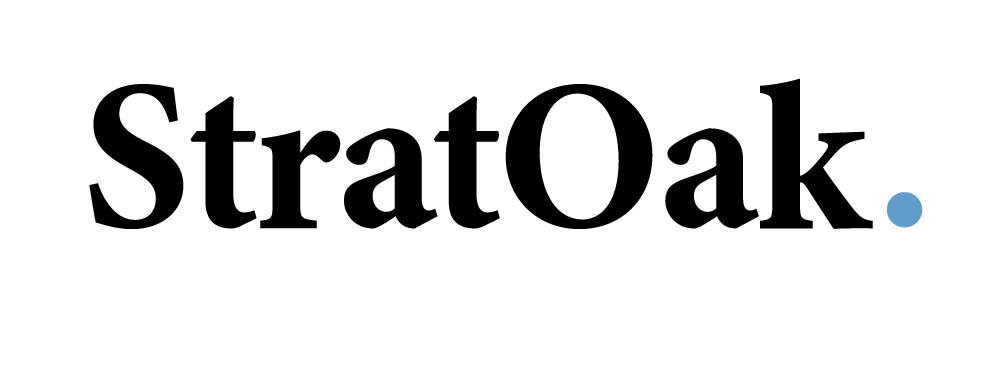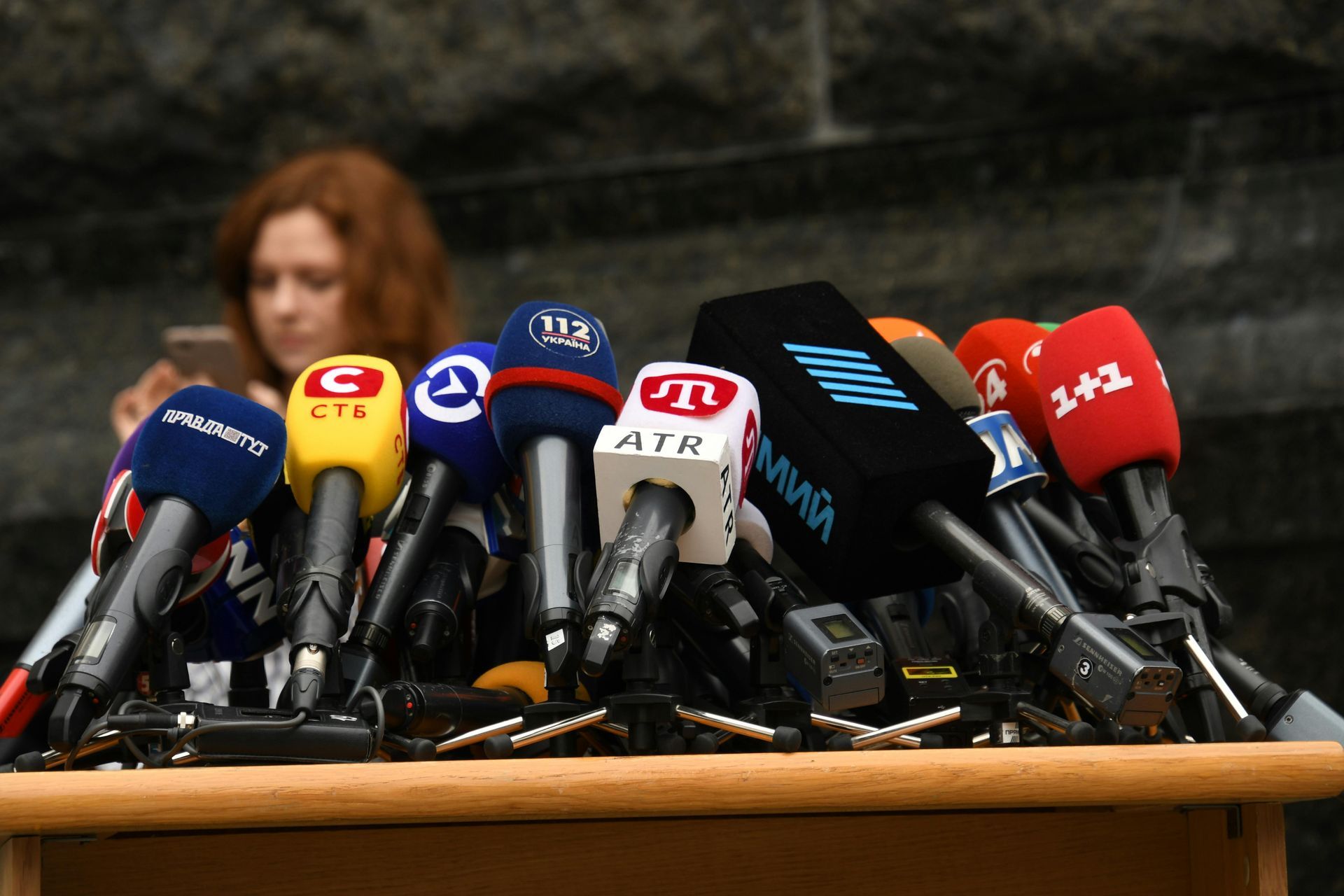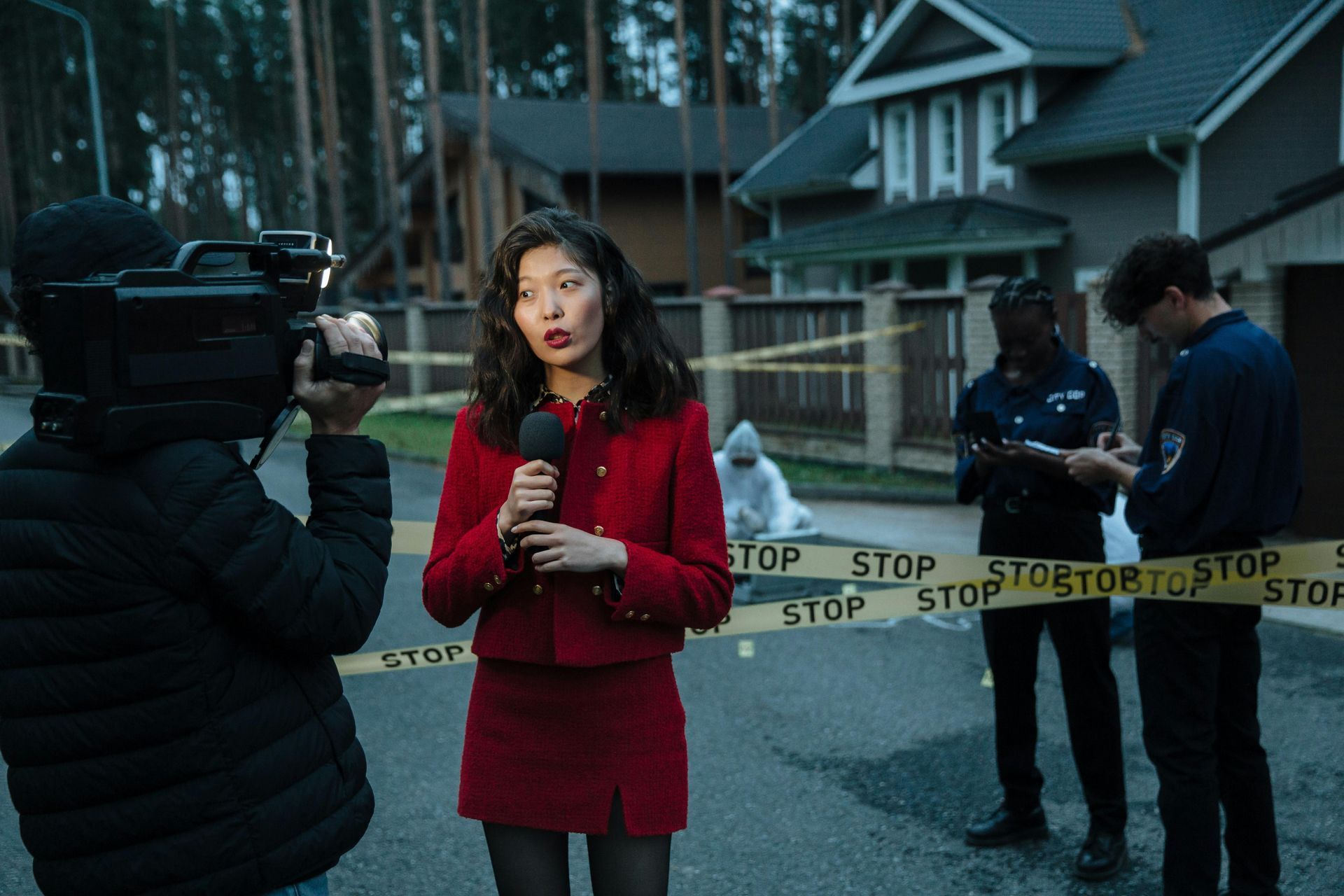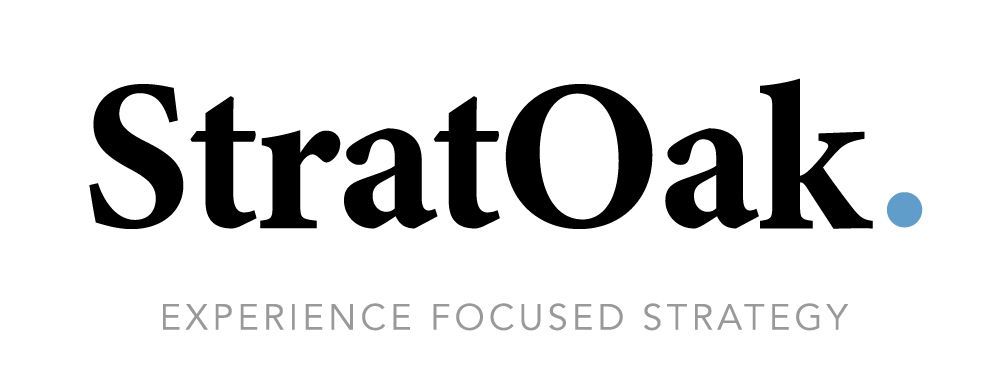No questions please!
Shouting reporters push back at Pearson plane presser
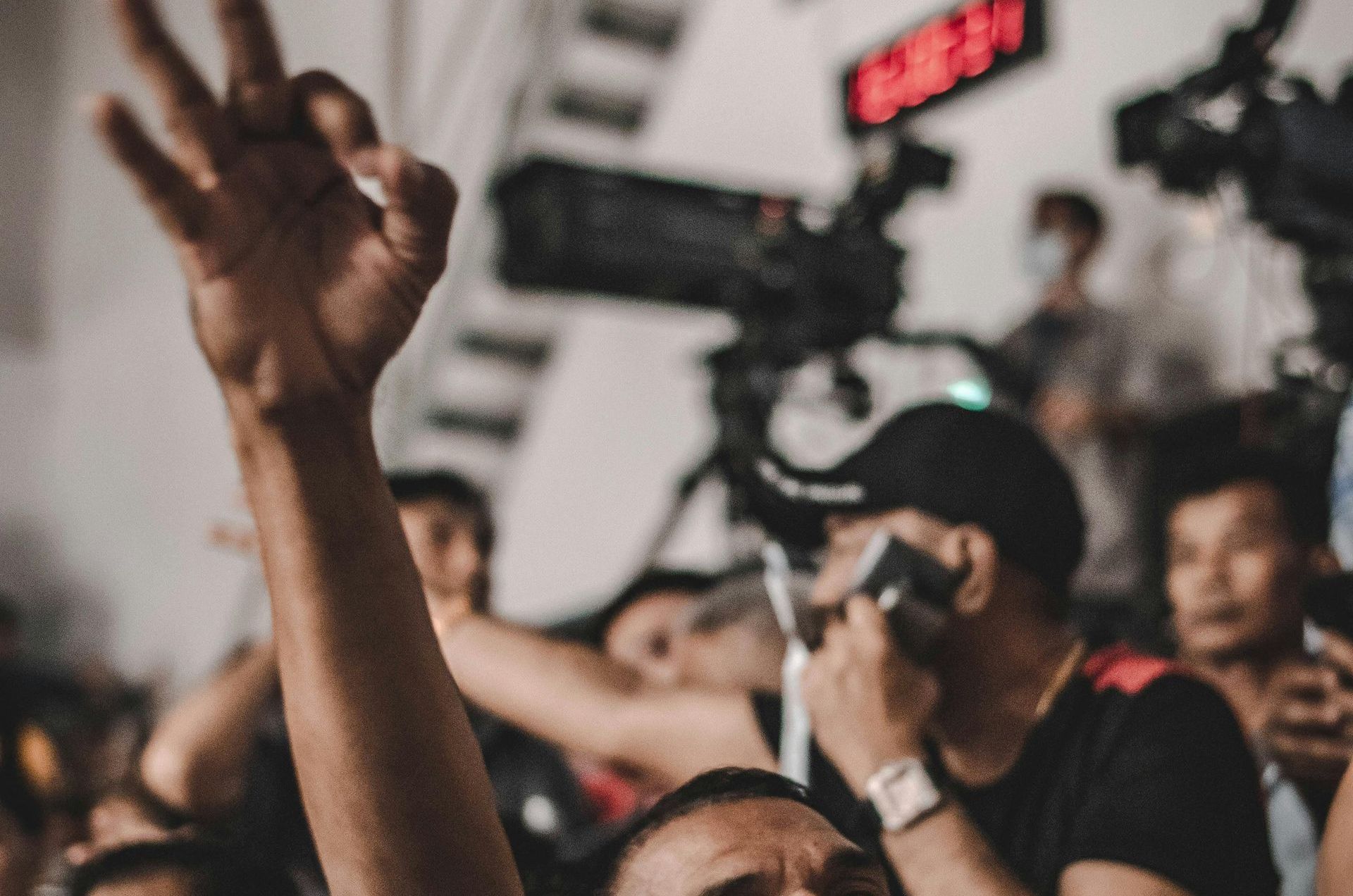
If you caught the end of last Monday night’s news conference at Pearson Airport following the Delta plane crash, you might have caught the shouting reporters at the end of it. After officials wrapped their statements and told reporters when and where to expect updates, they politely thanked the media and left the microphone – without taking questions. Reporters were not happy and let it be known! Officials not taking questions became a short, fleeting storyline for some news outlets.
I have no idea whether no questions was a deliberate decision or strategy in this case, and questions were taken at other airport news conferences, but I’m of two minds on what I saw at Monday night’s presser:
As someone who spent two decades in news, I understand the reporters’ frustration. This is a major story and there are a lot of questions that need to be answered. Q&A’s at news conferences are common, traditionally expected, and are about openness and accountability. There’s often not a lot that an official can say in the early stages of such a major incident, but they’re usually trained in how to respond to questions they can’t answer while avoiding speculation.
On the other hand, the media world has changed, and communications experts know that. Engaging in a Q&A adds an element of risk that most organizations would prefer to avoid. Organizations know they can distribute a controlled message directly to audiences through different platforms, and most traditional news organizations will also still pick up those messages word-for-word. While the reporters in the room were not happy, the general public is likely not putting much thought into the issue of reporters not getting to ask their questions.
🔵 The takeaway: So, should you take questions or not in a presser where you worry about risk and speculation? Mitigating risk is always a goal, and just because something’s traditionally been done a certain way — like taking questions — doesn’t mean it needs to continue. But, when doing media training, I encourage clients to always take the high road and consider the long-term relationship with journalists. Avoiding questions isn’t going to help. As the media landscape further fragments and the relative importance of old vs new media shifts, organizations need to ask themselves how much those relationships still matter, especially when they’ve got other options for getting their message out.
All that said, journalists also need to realise they’re just one way for organizations to get their message out (unlike 15-20 years ago), and they too need to think about relationships with the people they cover. Shouting at them likely isn’t all that helpful.

